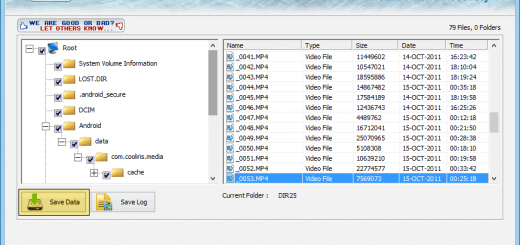The Future of Music
A public dialogue organised by the Club of Amsterdam about:
Music in Games - Music & Creative Projects - online and wireless - Music & the Brain The speakers and topics are:
Music in Games
In recent times, many games have had complex soundtracks similar to those of movies. It is also much more common for video game soundtracks to be commercially sold or even be performed in concerts that focus on video game music. Music can also be an important gameplay element in certain types of video games.
How does this technology influence the profile of a composer? Is music for games getting mature?
Tom Pearce, internationally renowned producer, Owner, Practical Music
Making our own future - Gaming as a promotion and distribution system Music & Creative Projects - online and wireless
Theo Ploeg, lecturer at HvA, journalist, sociologist
Creativity, music & new media
A creative use of new media shows new directions in the musical landscape. New media a thread to the music industry? Not at all. New media gives the opportunity to redefine the relationship between artist and audience. Creativity for all? Not exactly, but with help of online friends anything is possible. Music & the Brain
Oliver Sacks, physician, author and professor of neurology and psychiatry: "Music can move us to the heights or depths of emotion. It can persuade us to buy something, or remind us of our first date. It can lift us out of depression when nothing else can. It can get us dancing to its beat. But the power of music goes much, much further. Indeed, music occupies more areas of our brain than language does - humans are a musical species."
Can music give answers where traditional healthcare, psychotherapy or education has none? Are we at the beginning of exploring new brain resources?
Aaltje Van Zweden-van Buuren, Founder, The Papageno Foundation & Ria Veldhuizen, Music Therapist, The Papageno Foundation
Moments of Musical Meeting, playing with time and expectation. In music we easily recognize patterns by repeating rhythm or melody. Music triggers our expectation, changes in rhythm, dynamic and tempo can be surprising. In this way it helps us to become more flexible and at the same time eager and attend. Flexibility, attention and changes are difficult to persons with an autism spectrum disorder.
About the Club of Amsterdam
The Club of Amsterdam is an independent, international, future-oriented think tank involved in channelling preferred futures. It involves those who dare to think out of the box and those who don't just talk about the future but actively participate in shaping outcomes. It organises events, seminars and summits on relevant issues and publishes findings & proceedings through various off-line and online media channels. Its goal is to become a global player and catalyst for innovation in industries, science and society. We currently have more tan 4,200 members globally. The Club of Amsterdam is a not-for-profit foundation registered in The Netherlands. the future of Music
Thursday, April 29, 2010
Registration: 18:30-19:00, Conference: 19:00-21:15
Location:Hogeschool van Amsterdam, Auditorium, Singelgrachtgebouw, Rhijnspoorplein 1, 1091 GC Amsterdam[corner Wibautstraat and Mauritskade]
http://www.clubofamsterdam.com/event.asp?contentid=811
The conference language is English.
The event is supported by Hogeschool van Amsterdam and Syntens.
- end -
The Club of Amsterdam provides free PRESS ACCREDITATION.
If you want to apply, please get in touch with us: [email protected]




